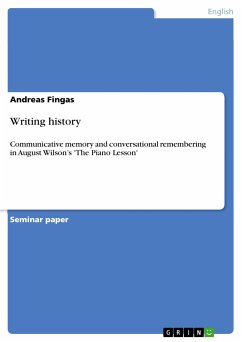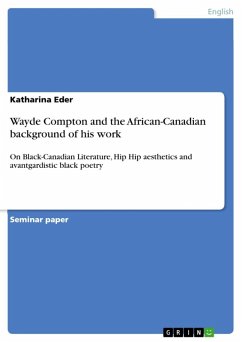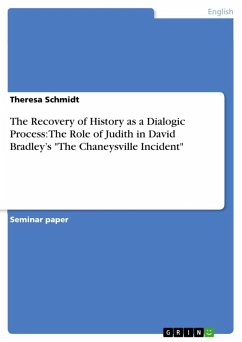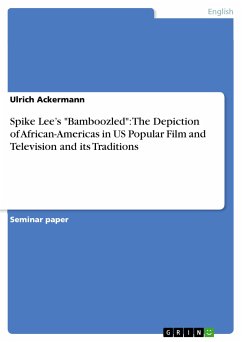Seminar paper from the year 2008 in the subject English Language and Literature Studies - Literature, grade: 1,3, University of Bamberg, course: African American Drama, language: English, abstract: History is an issue of great meaning within the works of August Wilson. In this paper shall be analysed through which channels and with which methods the author transports not only the history of a family, but also the history of slavery interwoven with the experiences of the characters and their ancestors in the award winning novel The Piano Lesson. In this process of analysis we will find, that Wilson proposes a concept of memory that can be summed up with the term "kommunikatives Gedächtnis" which was coined by Jan and Aleida Assmann and further developed by Harald Welzer. For better understanding the term "communicative memory" will be used instead. In his play Wilson uses the method of storytelling. Through this we can see how the characters within the play communicate with each other and on one level transport communicative memory. But on the other level the reader becomes a silent listener participating in these conversations and in this role is able to read historical elements from the subtext of the stories told. In the last chapter August Wilson's way of communicating memory will be compared to Toni Morrison's approach in Site of Memory. What the reader finds in the first lines of the play is a short description of the setting. This short text tells about the Charles' house and the people who live in it. Most of the description however is concerned with the piano. "What time or period is the setting for The Piano Lesson? That was the first question asked by the late great Chinese actor and director Ying Roucheng after he read the play in 1991." His confusion concerning the time in which the action of the play is set can be understood easily, because nothing in the secondary text informs the reader about the temporal conditions of the play. It is necessary to take a closer look at the primary text to find the hints Wilson gives to define the temporal situation. The most prominent of those hints can be found in Doaker's story about the piano when he says, that his older brother Boy Charles "would have been fifty-seven if he had lived. He died in 1911 when he was thirty-one years old." Subsequently the reader has to do the math. Knowing this, the play must take place in the year 1936 or 1937.
Dieser Download kann aus rechtlichen Gründen nur mit Rechnungsadresse in A, B, BG, CY, CZ, D, DK, EW, E, FIN, F, GR, HR, H, IRL, I, LT, L, LR, M, NL, PL, P, R, S, SLO, SK ausgeliefert werden.









